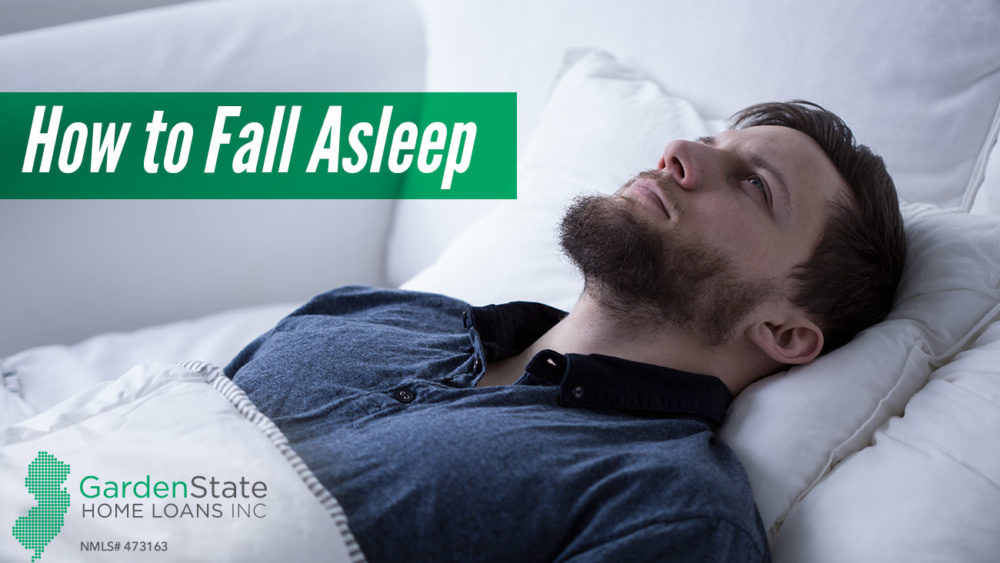Tips to Fall Asleep
Sleeping well directly effects your mental and physical health. If you are having trouble falling asleep at night or staying asleep, here are some tips to help you.
Keep the same sleep-wake cycle
Keeping the same sleep-wake cycle helps you to feel refreshed and energized. This helps to set your body’s internal clock and optimize the quality of sleep. Choose a time whenever you normally feel tired to go to sleep. Ideally, you should be able to wake up naturally without using an alarm.
Two things make it difficult to keep the same sleep-wake cycle. Firstly, sleeping in, especially on the weekends. The more your weekend/weekday sleep schedules differ, the sleepier you’ll feel. If you had a late night, make up it for with a midday nap. However, be careful with naps. While napping is a great way to make up for sleep, it can make falling asleep harder. Instead of an hour-long nap, limit your nap to 15 to 20 minutes and take them in the early afternoon.
Relax
Stress can make falling asleep very difficult. Practicing relaxation techniques before bed can help to wind down and prepare your mind for sleep. There are many ways to help you relax before bed. Aside from the often-used counting sheep method, here are few new methods to help you relax and get to sleep.
-
Deep breathing
With your eyes closed, take deep, slow breaths. As you go on, make each breath deeper.
-
Muscle relaxation
Starting with your toes, focus on relaxing each of your muscles completely. First, you tense your muscles before relaxing them. This technique helps to physically relax your body and relieve any tension that you were carrying, making it easier for you to fall asleep.
-
Visualization
Think of a place where you feel relaxed at. Close your eyes, picture that place, and concentrate on the calming feeling the place makes you feel.
Consider what you eat and drink
What you eat and drink throughout the day can affect your sleep at night. Caffeine can especially cause issues as it can stay in your system up to ten to twelve after drinking it. Additionally, alcohol should be avoided before bed as it interferes with your sleep cycle once you fall asleep. If you find that you are having trouble staying asleep, try nixing your before-bed glass of wine.
Large meals before bed can make it difficult to fall asleep. Instead, try to eat dinner earlier in the evening, eating at least two hours before going to bed. Spicy or acidic food can also make it difficult to fall asleep as they commonly cause stomach trouble and heartburn.
Improve your sleeping environment
If all else fails, it is possible that the environment you are in is the reason you aren’t falling asleep. Here are some things that you can do to improve your sleeping environment:
-
Temperature
Most people sleep best in a cooler room. Try putting on a fan to cool down your room and ventilate your room more.
-
Your bed
If you find yourself waking up with a sore neck or back, you may a different support level from your mattress or pillow.
-
Colors
The color of your walls may be the thing that’s keeping you up. Some colors stimulate the mind, making it harder to fall asleep. Try painting your room to a more relaxing color to help your mind wind down before bed.


Comments are closed.